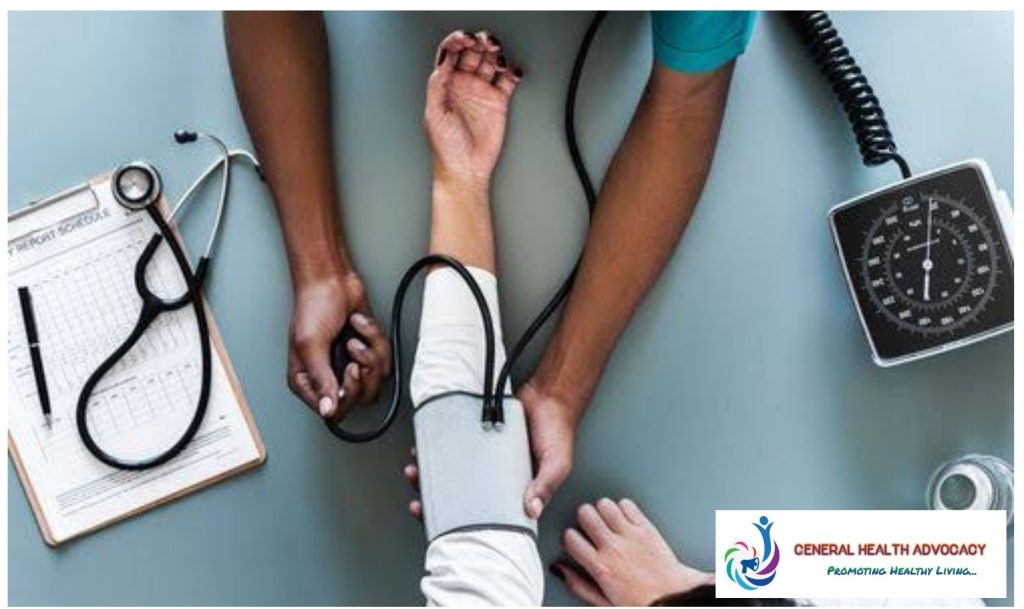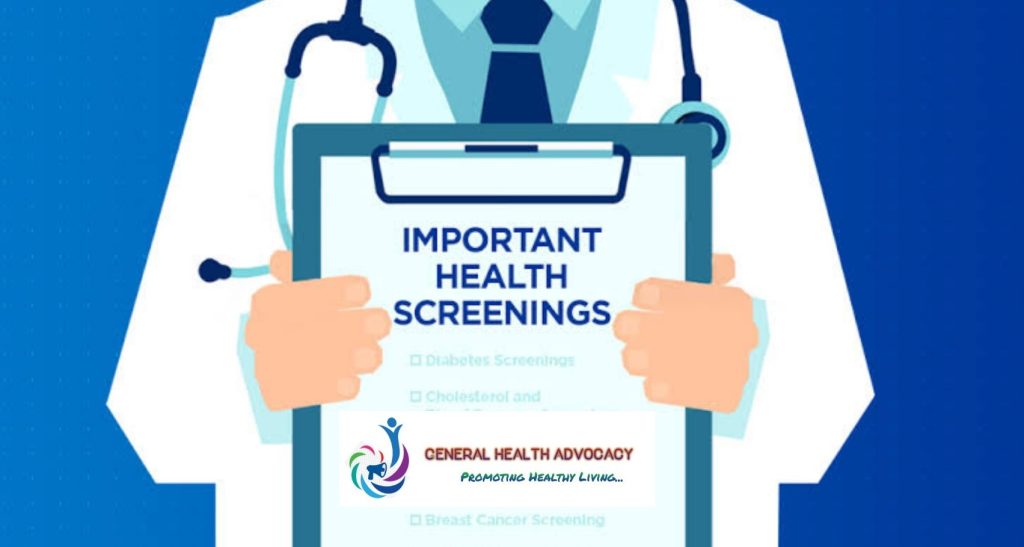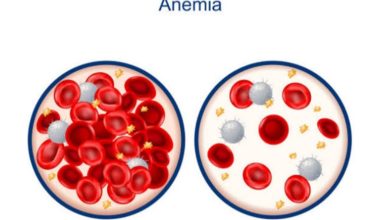The Crucial Role of Regular Checkups and Screenings in Preventive Healthcare: A Lifesaver guide

Preventive healthcare plays a pivotal role in ensuring optimal well-being and reducing the risks of developing severe health conditions. Among the essential pillars of preventive care are regular checkups and screenings. We will delve into why these preventative measures are critical and highlight some of the diseases that can be prevented or detected early through regular checkups and screenings.
The Importance of Regular Checkups
Regular medical checkups are essential for individuals of all ages, regardless of their current health status. These checkups allow healthcare professionals to assess your overall health, identify potential risk factors, monitor existing conditions, and ultimately prevent or treat diseases before they become severe.
- Early Detection of Silent Killers: Regular checkups help detect silent killers such as hypertension (high blood pressure), heart disease, and certain types of cancers, before they progress to advanced stages. Identifying these conditions early significantly increases the likelihood of successful treatment and management, minimizing potential complications.
- Immunizations: Checkups provide an opportunity for healthcare professionals to review and administer necessary immunizations for both children and adults. Immunizations safeguard against infectious diseases, preventing their spread and potential outbreaks.
- Monitoring Chronic Conditions: Regular checkups are crucial for individuals with chronic conditions such as diabetes, asthma, or high cholesterol. These checkups help healthcare providers monitor your condition, adjust treatment plans if necessary, and provide guidance on managing your condition effectively, thus reducing the risk of complications.
- Lifestyle Counseling and Preventive Strategies: During checkups, healthcare professionals can offer lifestyle counseling on maintaining a healthy diet, regular exercise, tobacco cessation, stress management, and other preventive strategies. This guidance helps individuals adopt healthy habits and behaviors, reducing the risk of developing various health issues.
Read Also

The Significance of Screenings
Screenings involve tests or examinations that detect the presence of diseases or risk factors before symptoms appear. Screening tests are typically recommended based on age, sex, medical history, and family history. Several diseases can be successfully prevented or identified early through screenings:
- Breast, Cervical, and Colorectal Cancers: Screenings such as mammograms, Pap smears, and colonoscopies enable the identification of breast, cervical, and colorectal cancers at early stages, when treatment outcomes are most favorable.
- Prostate Cancer: Prostate-specific antigen (PSA) blood tests and digital rectal exams (DREs) are commonly used to screen for prostate cancer in men. Early detection allows for timely intervention and appropriate treatment options.
- Osteoporosis: Bone mineral density tests, commonly known as DXA scans, are vital in detecting osteoporosis before fractures occur. Early intervention can help prevent bone loss and reduce the risk of debilitating fractures.
- Cardiovascular Disease: Screenings for cardiovascular diseases, such as cholesterol checks, blood pressure measurements, and electrocardiograms (ECGs), aid in identifying risk factors and signs of heart disease. Early detection allows for lifestyle modifications, medication management, and other interventions to reduce the risk of heart attacks, strokes, and other cardiovascular events.
- Sexually Transmitted Infections (STIs): Regular screenings for STIs, such as HIV, chlamydia, gonorrhea, and syphilis, are vital for sexually active individuals. Early detection leads to prompt treatment, prevents transmission to partners, and reduces the risk of complications related to untreated STIs.
- Diabetes: Fasting blood sugar tests and hemoglobin A1c tests are used to screen for diabetes or prediabetes. Early identification allows for lifestyle changes, medication management, and blood glucose monitoring to control the disease and prevent complications.
- Vision and Hearing Loss: Regular screenings for vision and hearing loss are important for people of all ages. Eye exams can detect vision problems and conditions such as glaucoma and cataracts. Similarly, hearing tests can identify hearing loss or impairment, enabling early intervention and appropriate treatment.
- Skin Cancer: Regular skin examinations by dermatologists can aid in the early detection of skin cancer, including melanoma. This allows for timely treatment and improves the chances of successful outcomes.
- Lung Cancer: Screenings for lung cancer, such as low-dose computed tomography (CT) scans, are recommended for individuals at high risk, such as heavy smokers or those with a history of smoking. Early detection enables timely treatment and improved survival rates.
- Sex-specific Screenings: Various gender-specific screenings are important for maintaining reproductive health. These include Pap smears for cervical cancer in women and prostate cancer screenings in men.
Regular checkups and screenings are vital components of preventive healthcare. By staying proactive and engaged in your healthcare, you can identify and address potential risks and diseases at an early stage, greatly improving treatment outcomes and reducing the overall burden of illness.
Remember, prevention is the key to a healthier and happier life, so prioritize your regular checkups and screenings to safeguard your well-being.



